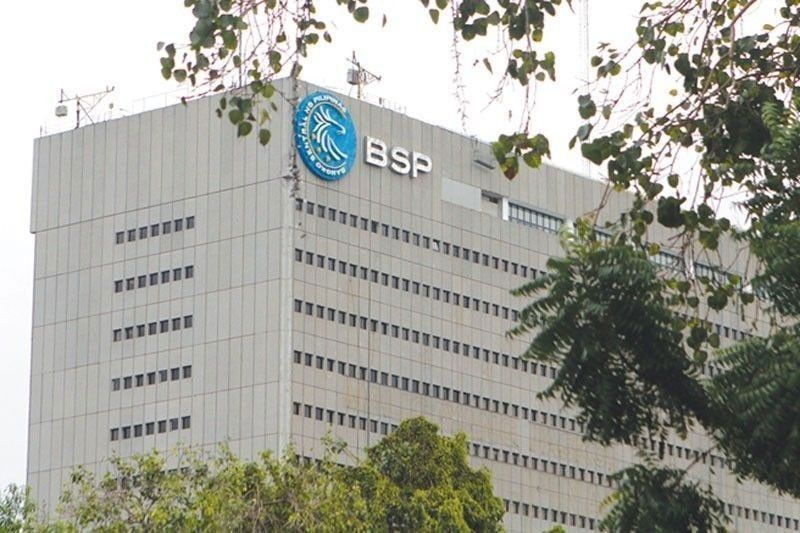IMF wants greater BSP power over banks

MANILA, Philippines — The Bangko Sentral ng Pilipinas (BSP) should strengthen its ability to assess the impact of mixed conglomerate structure on “too big to fail” banks in the Philippines, according to the International Monetary Fund (IMF).
In its latest financial sector assessment program on the Philippines, the IMF said the BSP currently relies to a large extent on public information for assessing risks in the wider conglomerates as it does not have the power to supervise a bank’s parent or the wider group.
According to the IMF, the BSP has no power to review the activities of parent companies to determine their impact on the safety and soundness of domestic systemically important banks (D-SIBs) owned by conglomerates.
It lamented the recent charter amendment under Republic Act 11211 or the New Central Bank Act, which gave the BSP an additional power to obtain data and information from entities including parent and affiliate companies for “statistical and policy development purposes.”
“But the limited scope of this new authority does not provide the BSP with sufficient powers to assess any potential negative impact the activities of those companies may have on the safety and soundness of the banking group,” the IMF said.
The IMF said limitations on BSP’s enforcement powers also impair its ability to fully protect the bank from the actions of parent companies and affiliates.
A majority of Philippine banks are controlled by conglomerates led by BDO and China Bank, which are owned by the Sy family, Metropolitan Bank & Trust Co. owned by the Ty family, Ayala-led Bank of the Philippine Islands, and Philippine National Bank of tobacco and airline magnate Lucio Tan.
Other banks that are part of conglomerates include Rizal Commercial Banking Corp. owned by the Yuchengco family, Aboitiz-led Union Bank, East West Bank owned by the Gotianun family, Bank of Commerce of diversified conglomerate San Miguel Corp., and Robinsons Bank owned by the Gokongwei family.
The IMF said the BSP’s ability to assess the resolvability of banks particularly “too big to fail” banks and support the orderly resolution of a problem bank including the preparedness for effectively dealing with a major bank failure needs to be developed.
It added the central bank should continue ongoing improvements to its prompt corrective action (PCA) framework and ensure that failed or failing banks are resolved in a prompt and timely fashion.
The agency said the regulator should incorporate an assessment of resolvability into its supervisory framework, especially for D-SIBs, in conjunction with the Philippine Deposit Insurance Corp.
“The BSP should continue its ongoing efforts to ensure that the PCA framework effectively operates to require firms to be placed into resolution at an early stage and before equity has been exhausted, and that the supporting legal and regulatory framework ensures the transition of problem banks to the PDIC is on a timely basis to avoid losses to the deposit insurance fund and mitigate moral hazard risks,” it said.
Furthermore, the IMF said more work is needed to strengthen BSP’s oversight on the assessment of ultimate beneficial ownership (UBO) of banks operating in the Philippines.
The multilateral lender pointed out the regulator is not able to address transfer by or assess the sustainability of UBO or significant indirect controlling interest of banks as the BSP is able to govern transfers of greater than 10 percent of voting shares of a bank under current laws and regulations.
The BSP is now tightening transactions involving the acquisition of shares in Philippine banks, pawnshops, money service businesses including remittance and transfer companies, money changers, as well as foreign exchange dealers by requiring Monetary Board approval for transactions resulting in ownership or control of at least 10 percent of the voting shares from the current 20 percent.
It is also issued Circular 895 requiring all banks that are part of conglomerates to submit an annual report to the BSP on their conglomerate structure, listing all entities within that structure.
- Latest
- Trending

























